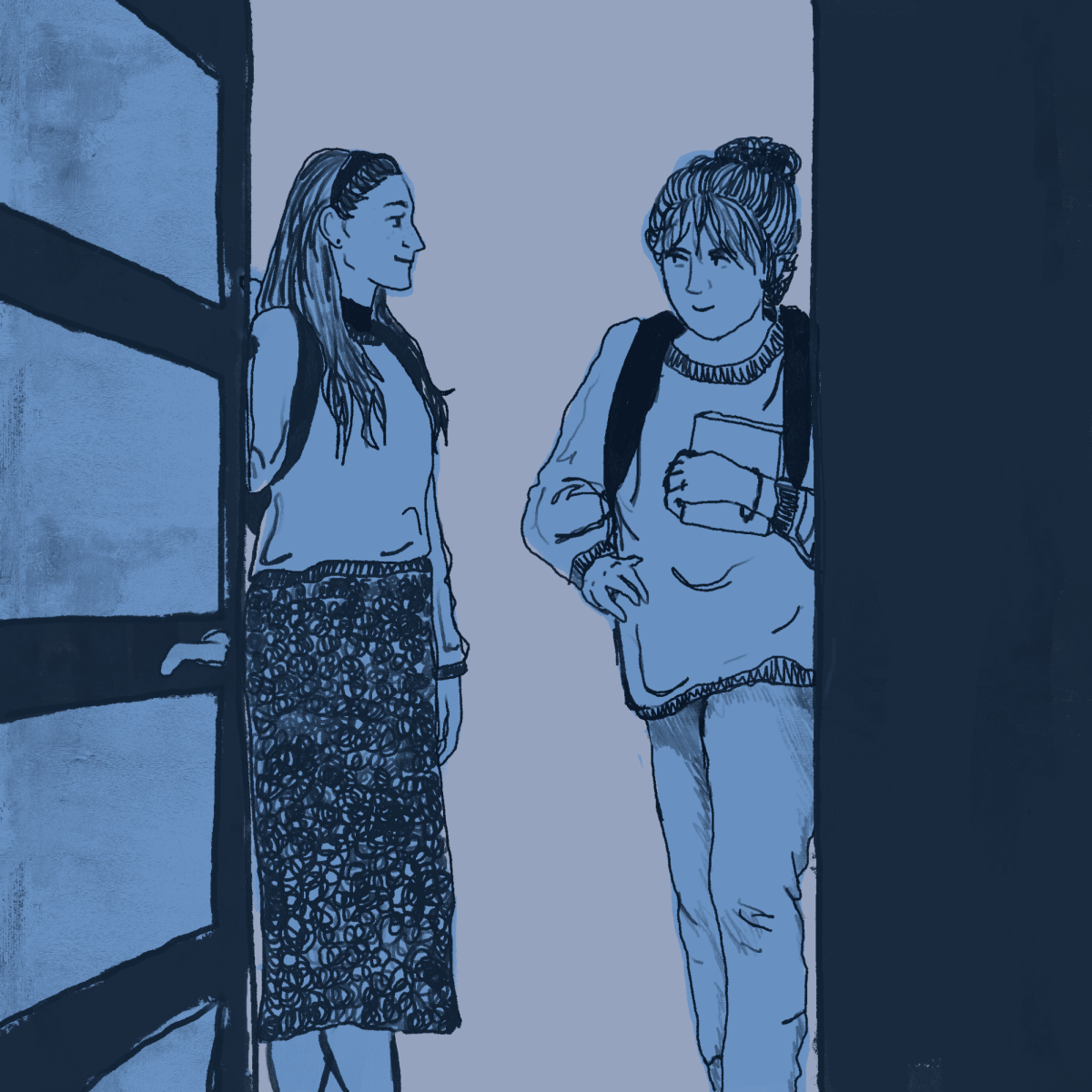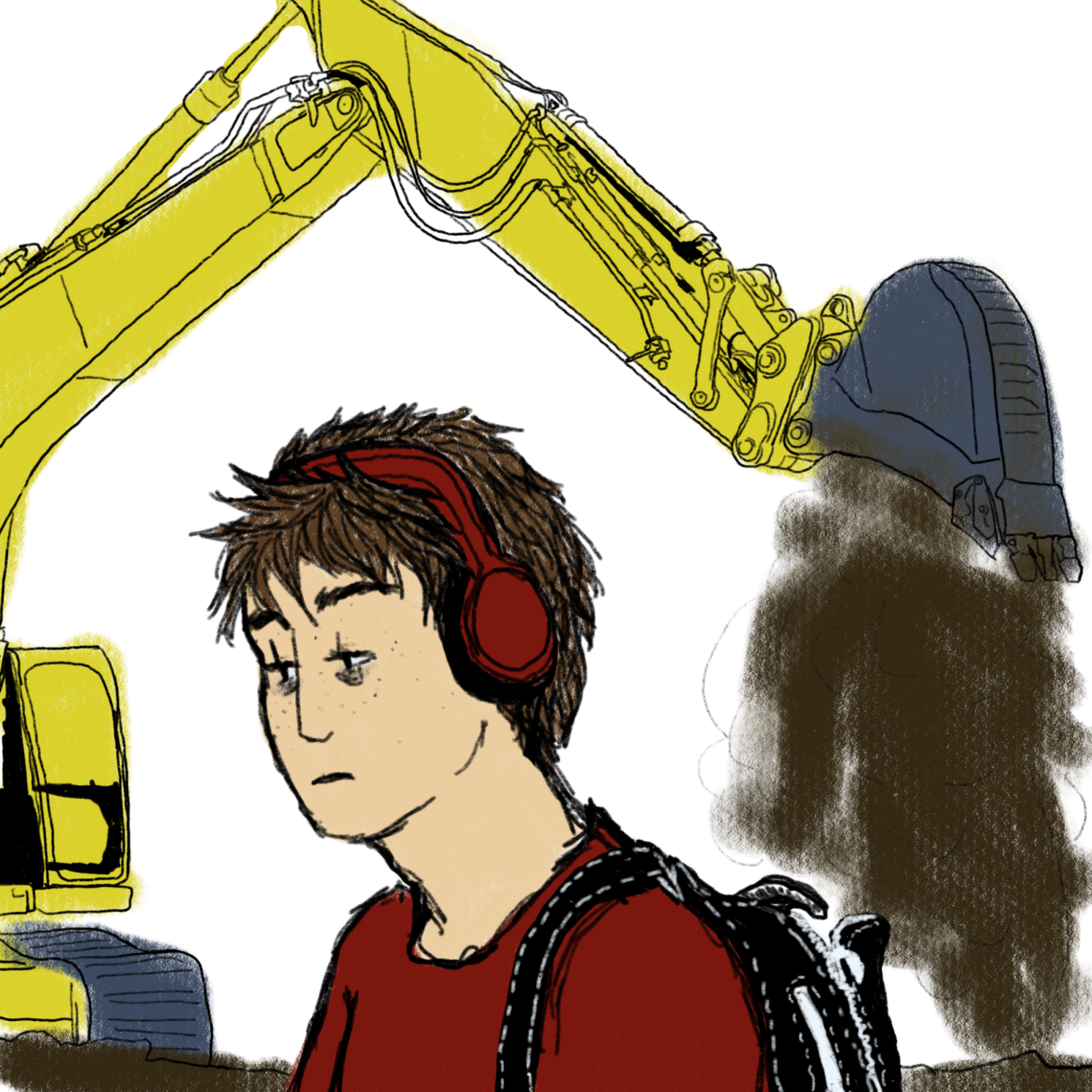A short conversation with an alumnus is often enough to prove that this is not the Colgate University of yesteryear. The Class of 2024 has graduated, taking with them the vast majority of firsthand memories of Colgate in and before COVID-19. However, I believe that one of the primary reasons for the Colgate we know today is the lasting effects of ‘Covidgate.’ School policies, club constitutions and even the core curriculum were updated and codified over Zoom. The global and national changes that started in 2020 have had wide-ranging impacts on higher education.
Though it is true that Colgate’s academics have retained their high standards through this period of change, student life has been slower to bounce back. Many student-led initiatives lapsed during COVID-19 due to the difficulty of retaining interest and passing down leadership remotely, and the groups that have remained or returned have faced new responsibilities and restrictions. My recent involvement in a new student group called Gatekeepers, which focuses on developing nightlife events for students, has allowed me to see in particular the kind of hurdles involved in finding spaces to use, sourcing entertainment and encouraging attendance. It turns out that these seemingly small changes extend beyond policy to include changes in the types of students that currently attend Colgate: the people that my peers and I have become. Much in the spirit of today’s world, it has become easier than ever in Colgate’s community to remain uninvolved, divided and alone.
One of the ways to combat these divisions is through events and the arts. However, Colgate is not an arts school. At times it can feel like the departments of art, theater, music and film and media studies are cursory additions intended to help round out the core curriculum, resumes and minor options for economics and political science majors. Frankly, that may be their primary academic function. I personally entered Colgate planning to include theater in my double major, but because of the difficulties that I feel are inherent to such a small department, I dropped my major to a minor within a semester and have since ended up dropping the minor as well.
However, the true value of these small arts departments lies less in the handful of diplomas they award every year and more so in the role that they play as a backbone for Colgate’s artistic community. School-sponsored events bring fresh perspectives and activities to Colgate, and members of the faculty advise a number of organizations and students, whether in an official capacity or an informal one. Hamilton is not exactly a cultural hub, and the arts are one of the ways that Colgate stays connected to the wider world.
That being said, the true arts ‘scene’ at Colgate is student-led. There are dozens of official organizations devoted to different sides of the arts, from publications and dance groups to a cappella groups and theater troupes. Beyond that, there are dozens of groups of friends and individual students committed to exercising their creativity through activities like bands and creative writing. For the students who actively participate in the arts at Colgate, these organizations can serve as a necessary pressure valve and often lead to strong bonds and important friendships. Students who don’t actively participate in artistic organizations often serve as consumers or audience members, whether to support their friends or out of personal interest. At many performances at Colgate, the performers and audience will be made up of people from all sides of the community, and the power of art is in this ability to bring people together. Even at a school as small as Colgate, it can be easy only to spend time with the same few people, so things that break people out of their normal patterns and bring them together are crucial to maintaining a unified and healthy community.
I would argue that not only are the arts important to this community, but that it’s a particularly exciting time for the arts at Colgate. The Friday, Feb. 7 performance of “Legally Blonde” was the only time that I have ever seen Brehmer Theater even open the mezzanine, Dancefest remains the largest student performance every semester and I personally think that the a cappella groups all sound as good as I have ever heard them. I recently took on the role of general manager at WRCU 90.1 FM, Colgate’s radio station, which not only has a full broadcasting schedule but has also been getting more involved in live music. I have either organized or become aware of performances by both student and touring bands which will be happening throughout the semester.
People seem more passionate and more committed to the arts than I have ever seen them at Colgate, and I hope to see this upward trajectory continue long after I graduate. Part of the Third-Century Plan includes an investment in the arts with the Middle Campus, and if the trends that I have noticed continue, then by that time Colgate will have a vibrant and thriving artistic community to benefit from that investment. At a time when it is easy to become divided, the arts help keep us together. The better they are, the better the Colgate community will be.
















